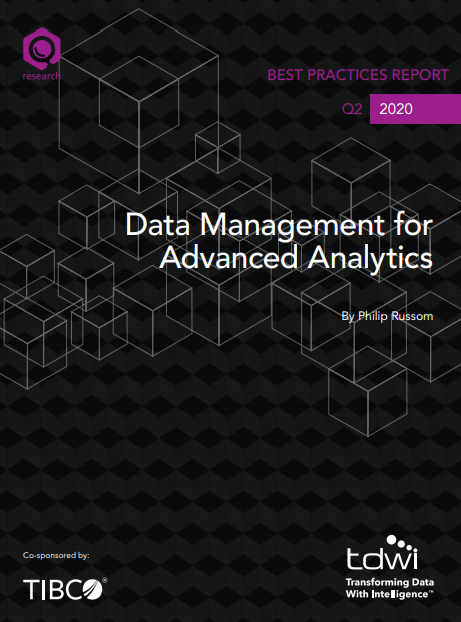Life at the top of the food chain is more precarious than it seems for enterprises in the financial services industry.
As companies have grown into established industry titans, they have inevitably developed complex, intertwined business processes. Now, nimbler, data-driven start-ups are arriving to steal their lunch.
That’s exactly what happened to the wealth management community when Robinhood burst onto the scene in 2017 offering commission-free, small-scale investment services.
“They’ve done some really interesting things,” says Dan Costanza, Chief Data Scientist at Citi’s investment bank. “From the way they sell their order flow to quant traders as a way to generate profit without charging fees to their willingness to buy and sell partial shares on behalf of retail investors.”
“People have already incorporated those techniques into their business and the early adopters are getting an advantage versus those who are lagging” – Jose A Murillo, CAO, Banorte
Disruptive fintechs like Robinhood create a dilemma for established companies. Do they stick to their tried-and-tested business models? Or do they fundamentally change the way they do business in order to embrace these new, data-inspired innovations?
In the case of Robinhood, the firm enjoyed such runaway success that established wealth management firms Charles Schwab, Ameritrade and E*Trade all followed suit and went zero-fee in October this year.
“Robinhood pushed some interesting innovations and the incumbents had to make changes to adapt to that,” Costanza explains. “They’ve done a really good job of reacting to Robinhood.”
This pattern is repeating throughout the financial services sector. Across the globe, data-driven companies are springing up leaving enterprises with a choice – disrupt or become obsolete.
“For a lot of those platforms it’s going to be very hard to unseat the incumbents,” Costanza says. “But I think the impetus is going to force the incumbents to change faster.”
How Data is Transforming Financial Services
Data-driven business practices are taking hold in the financial services industry. But some disciplines are further down the path to data maturity than others.
In the retail banking sector, some early adopters have generated billions of dollars through streamlining inefficient processes, improving decision-making practices and uncovering deep customer insights.
“By the end of 2019, we’ll be close to $3 billion of value creation enabled through analytics,” says Jose A Murillo, CAO at banking group Banorte. “In a world where there’s lots of data, you need to understand these techniques and how they might help you.”
As a rule of thumb, financial services professionals who handle higher value, lower volume transactions have been slower to embrace data and analytics. It’s only in the last 2-3 years that investment banks have started expanding their data and analytics capabilities.
“There are quant hedge funds, for example, who are all in on this stuff,” Costanza explains. “I would almost say the change [for them] in the last 12 months hasn’t necessarily been that much. Their changes are more around how you improve something you’re already doing.”
“Every investment bank has at least stated an effort to build out data science platforms,” he continues. “But I think in a lot of cases it’s still buzzwords, and people who are talking about this stuff and trying to figure out the right ways to do it.”
“It’s almost becoming table stakes, where you have to have ‘this’ piece to be considered a full-service shop. I think that will become more and more the case” – Dan Costanza, Chief Data Scientist, Citi
It’s clear that the financial services industry is changing. Just as the data-driven start-ups are pushing companies to invest in data and analytics, the successes of individual tribes within each organization are helping demand for data-driven capabilities to spread.
Companies that invested in data and analytics capabilities early are achieving significant advantages versus their competitors, and the rest of the market is scrambling to catch up.
As a result, the global financial analytics market is expected to grow to $11.4 billion by 2023, according to research from MarketsandMarkets.
In fact, the question of whether to invest in data-driven technologies isn’t looking so much like a dilemma for financial services companies these days. Within three years, companies with advanced analytics capabilities could well stop being the exception – and start becoming the norm.
This is an extract from our brand new report, Financial Services Data 2020. Claim your copy today to discover how the world’s top financial services data leaders are advancing their organizations’ analytics capabilities.









